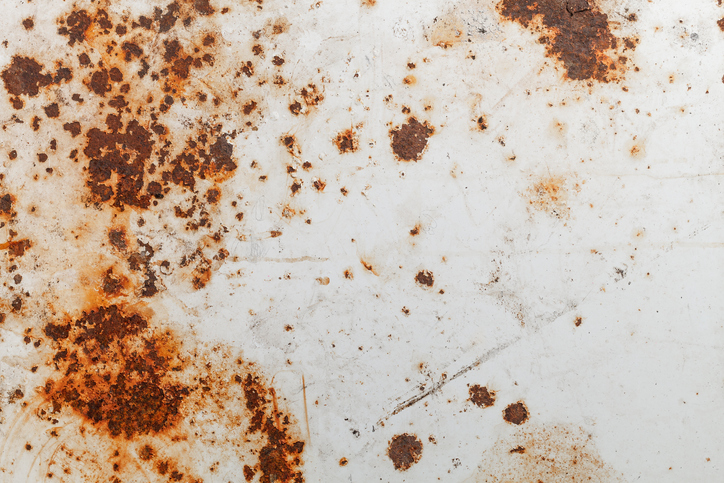- Home
- How to
- How to
- Services
- Services
- Maintenance Plan
- Location
- Guides
- Guides
- No Hot Water – Self help
- Unvented Water Heater
- Unvented Water Heater Faults
- G3 Building Regulations
- Thermal Store Water Heaters
- Thermal Store Faults
- Gledhill ElectraMate
- Gledhill PulsaCoil
- Gledhill Torrent
- Gledhill Stainless Lite
- OSO Unvented Heater
- MegaFlo – Heatrae Sadia
- Santon Premier Plus
- Albion
- Manco Riverstream and Powerstream
- Manco Gladiator & Stirling
- Telford Tempest
- Safety Considerations Unvented Cylinders
- Reduce Your Water Heating Bill
- Range Tribune
- About Us
- About us
- Forum
- Contact

-
Call Now
Specialists in Electric Hot Water Cylinders
Signs You Need to Replace Your Unvented Cylinder’s Combination Valve
The combination valve is one of the most important components attached to your unvented cylinder. In fact, it’s crucial for safe operation. Like all components, it will wear over time and will eventually need to be replaced. If you don’t have regular maintenance, you’ll need to replace it much earlier than otherwise. But what are some of the signs to watch for that might indicate a need to replace your combination valve?
A Lack of Hot Water
Your combination valve includes a pressure-reducing valve. Its job is to reduce the pressure coming from the mains so that it is safe for the cylinder. However, it will eventually fail and if it fails in the closed position, you won’t have any hot water. If you open the hot tap but no water comes out, then you need to check your combination valve (among other things).
Water Leakage
Periodically inspect your unvented cylinder. Look for signs of water on the exterior of the cylinder, around the base of the cylinder, and coming from around the combination valve. If you see any signs of water, call a G3-qualified engineer immediately. Do not try to repair any leaks yourself.
Strange Sounds
Your combination valve includes a pressure-reducing valve. This valve’s job is to reduce the pressure of incoming water so that it doesn’t damage your cylinder. However, if the pressure-reducing valve fails and water flows in at too high a rate, you may hear strange sounds from the cylinder as the increased pressure puts strain on it. If your cylinder begins making unusual sounds, it’s important to have it inspected as soon as possible.
Note that you may also experience strange sounds due to sediment build-up. This occurs when air and water get trapped between layers of sediment. As heat increases, those elements can burst free, creating popping and pinging noises. Note that you should never attempt to stop these sounds on your own.
Low Water Pressure
Your combination valve will include an integral filter. Its job is to prevent large particulates from flowing into the system, where they could cause damage. However, just like your furnace filter, the filter in your unvented cylinder will eventually clog up. When this happens, you’ll notice that the flow of hot water is reduced. Of course, many other issues can also cause similar problems, so it’s always important to have your cylinder inspected by an experienced engineer.
Where do you turn when you experience problems with your combination valve or other parts of unvented cylinder operation? At EasyFlow, we’ve worked with homeowners and business owners to help them maintain, repair, and replace their unvented cylinders for many years. That in-depth experience means that we’re very familiar with the many signs and symptoms you might be experiencing.
Get in touch with us to schedule an inspection of your unvented cylinder and one of our G3-qualified engineers will arrive promptly, perform an in-depth assessment, and provide you with a path forward.
Iain, Nantwich
13 October 2025
Annual Service
Excellent service as always.. Highly recommendable.
Peter , Nantwich
16 September 2025
Annual Service
Very pleased with all aspects of the work completed by your knowledgeable staff.
Barry, Royton
13 June 2025
Replacement Valves
Tom, Manchester
20 May 2025
Replacement Valves
Raymond, Lancashire
1 May 2025
Annual Service
Vickie, Didsbury
10 April 2025
Annual Service
Raymond, Reddish
17 March 2025
No Hot Water
Brenda , Liverpool
12 February 2025
Installation
Gianfranco, Uk
18 February 2025
Annual Service
As always the serrvice was done efficiently and the surrounding area left clean and tidy.
Anne, Manchester
30 January 2025
Annual Service

© 2026 EasyFlow Water Limited. All rights reserved








Find out what our clients are saying about the services we provide
Click to view